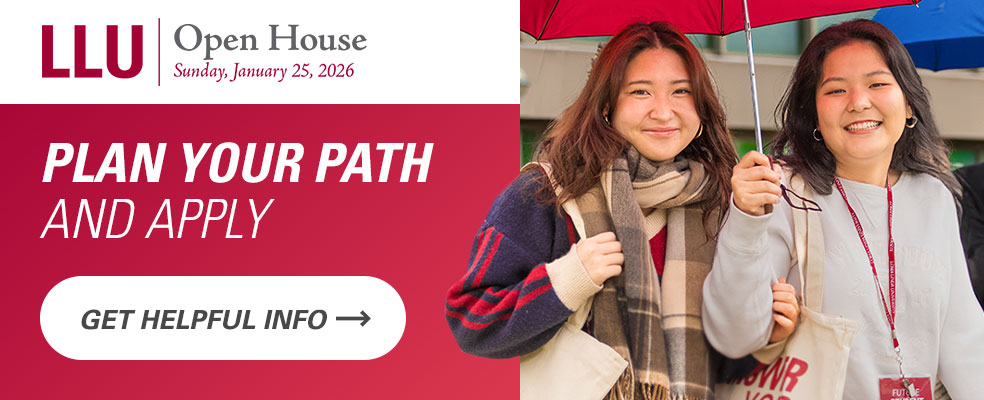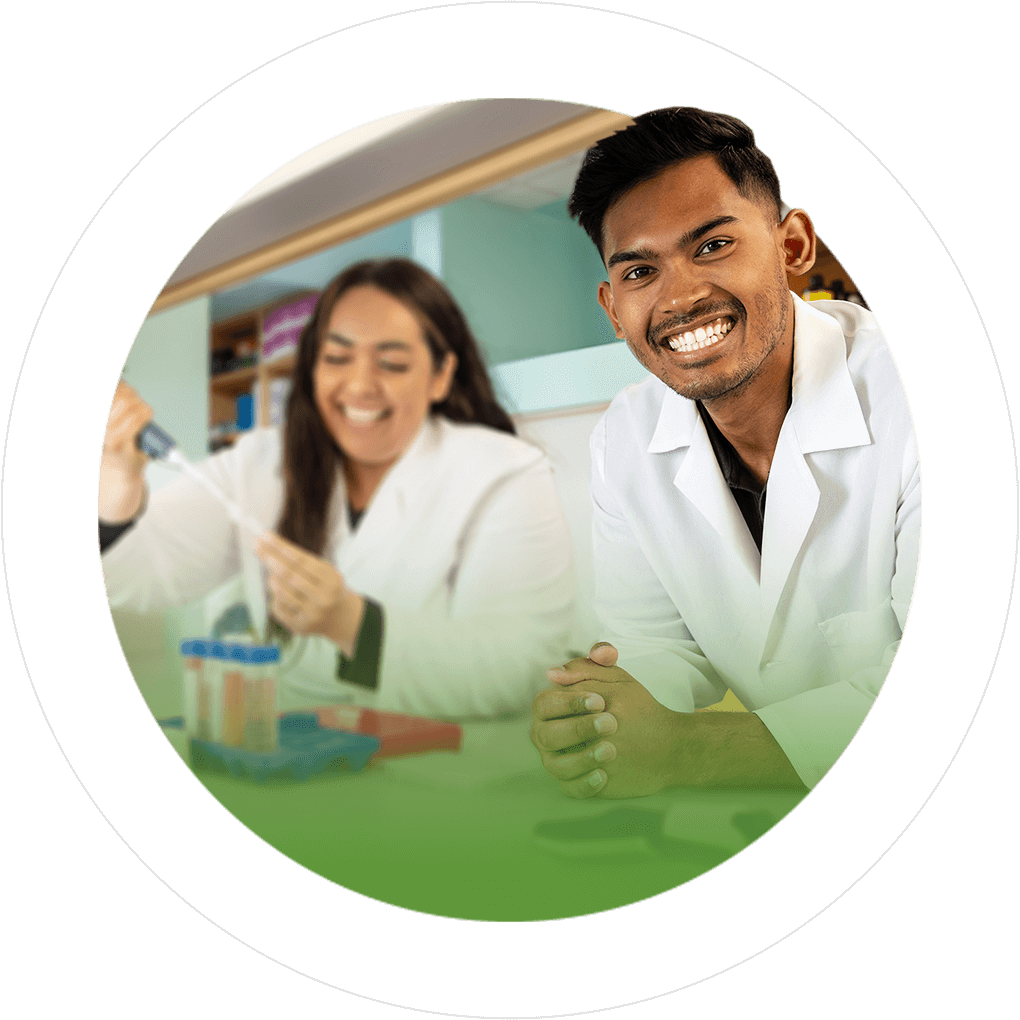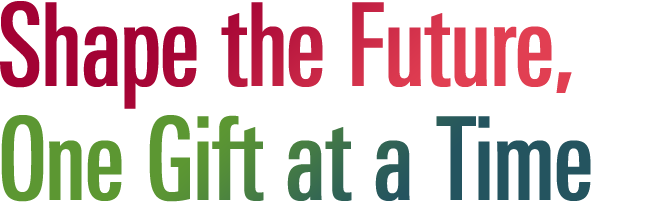Publications
Online Publications
- An Interview with Chat Generative Pre-Training Transformer (Chat GPT): How Can Artificial Intelligence (AI) Change our Practice? NEONATOLOGY TODAY Peer Reviewed Research, News and Information in Neonatal and Perinatal Medicine Volume 18/Issue 5 May 2023 Munaf Kadri, MD, Shaina Lodhi, MD, Farha Vora, MD, Mitchell Goldstein, MD, MBA, CML, Hun-Seng Chao, MD For the past several years, Chat GPT has been increasing in popularity. The abuses of AI to generate answers to college essays have been widely reported in the news, especially when these essays are flawed with imperfect information. Indeed, there are even programs that detect the use of AI when the authorship is suspect. Others extol its virtue in creating new answers to perplexing questions. However, is there a role for AI in the practice of Neonatology? We decided to interview OpenAI’s Chat GPT ( https://openai.com/about) to see if Chat GPT could find a useful place in our practices. (05/2023)
Scholarly Journals--Published
- N Engl J Med . 2023 Apr 20;388(16):1501-1511. doi: 10.1056/NEJMoa2207554. Cerebral Oximetry Monitoring in Extremely Preterm Infants Mathias L Hansen 1, Adelina Pellicer 1, Simon Hyttel-Sørensen 1, Ebru Ergenekon 1, Tomasz Szczapa 1, Cornelia Hagmann 1, Gunnar Naulaers 1, Jonathan Mintzer 1, Monica Fumagalli 1, Gabriel Dimitriou 1, Eugene Dempsey 1, Jakub Tkaczyk 1, Guoqiang Cheng 1, Siv Fredly 1, Anne M Heuchan 1, Gerhard Pichler 1, Hans Fuchs 1, Saudamini Nesargi 1, Gitte H Hahn 1, Salvador Piris-Borregas 1, Jan Širc 1, Miguel Alsina-Casanova 1, Martin Stocker 1, Hilal Ozkan 1, Kosmas Sarafidis 1, Andrew O Hopper 1, Tanja Karen 1, Beata Rzepecka-Weglarz 1, Serife S Oguz 1, Luis Arruza 1, Asli C Memisoglu 1, Ruth Del Rio Florentino 1, Mariana Baserga 1, Pierre Maton 1, Anita C Truttmann 1, Isabel de Las Cuevas 1, Peter Agergaard 1, Pamela Zafra 1, Lars Bender 1, Ryszard Lauterbach 1, Chantal Lecart 1, Julie de Buyst 1, Afif El-Khuffash 1, Anna Curley 1, Olalla O Vaccarello 1, Jan Miletin 1, Evangelia Papathoma 1, Zachary Vesoulis 1, Giovanni Vento 1, Luc Cornette 1, Laura S Lopez 1, Beril Yasa 1, Anja Klamer 1, Massimo Agosti 1, Olivier Baud 1, Emmanuele Mastretta 1, Merih Cetinkaya 1, Karen McCall 1, Shujuan Zeng 1, Eleftheria Hatzidaki 1, Agata Bargiel 1, Sylwia Marciniak 1, Xiaoyan Gao 1, Lin Huijia 1, Lina Chalak 1, Ling Yang 1, Shashidhar A Rao 1, Xin Xu 1, Begoña L Gonzalez 1, Maria Wilinska 1, Zhaoqing Yin 1, Iwona Sadowska-Krawczenko 1, Itziar Serrano-Viñuales 1, Barbara Krolak-Olejnik 1, Marta M Ybarra 1, Catalina Morales-Betancourt 1, Peter Korcek 1, Marta Teresa-Palacio 1, Fabio Mosca 1, Anja Hergenhan 1, Nilgun Koksal 1, Konstantia Tsoni 1, Munaf M Kadri 1, Claudia Knöpfli 1, Elzbieta Rafinska-Wazny 1, Mustafa S Akin 1, Tone Nordvik 1, Zhang Peng 1, Sinem G Kersin 1, Liesbeth Thewissen 1, Ana Alarcon 1, David Healy 1, Berndt Urlesberger 1, Münevver Bas 1, Jana Baumgartner 1, Eleni Skylogianni 1, Veronika Karadyova 1, Eva Valverde 1, Elena Bergon-Sendin 1, Jachym Kucera 1, Silvia Pisoni 1, Le Wang 1, Anne Smits 1, Rebeca Sanchez-Salmador 1, Marie I Rasmussen 1, Markus H Olsen 1, Aksel K Jensen 1, Christian Gluud 1, Janus C Jakobsen 1, Gorm Greisen 1 Abstract Background: The use of cerebral oximetry monitoring in the care of extremely preterm infants is increasing. However, evidence that its use improves clinical outcomes is lacking. Methods: In this randomized, phase 3 trial conducted at 70 sites in 17 countries, we assigned extremely preterm infants (gestational age, <28 weeks), within 6 hours after birth, to receive treatment guided by cerebral oximetry monitoring for the first 72 hours after birth or to receive usual care. The primary outcome was a composite of death or severe brain injury on cerebral ultrasonography at 36 weeks' postmenstrual age. Serious adverse events that were assessed were death, severe brain injury, bronchopulmonary dysplasia, retinopathy of prematurity, necrotizing enterocolitis, and late-onset sepsis. Results: A total of 1601 infants underwent randomization and 1579 (98.6%) were evaluated for the primary outcome. At 36 weeks' postmenstrual age, death or severe brain injury had occurred in 272 of 772 infants (35.2%) in the cerebral oximetry group, as compared with 274 of 807 infants (34.0%) in the usual-care group (relative risk with cerebral oximetry, 1.03; 95% confidence interval, 0.90 to 1.18; P = 0.64). The incidence of serious adverse events did not differ between the two groups. Conclusions: In extremely preterm infants, treatment guided by cerebral oximetry monitoring for the first 72 hours after birth was not associated with a lower incidence of death or severe brain injury at 36 weeks' postmenstrual age than usual care. (Funded by the Elsass Foundation and others; SafeBoosC-III ClinicalTrials.gov number, NCT03770741.). (04/2023)
- Creating a small baby program: a single center's experience Anamika I. Banerji, Andrew Hopper, Munaf Kadri, Benjamin Harding & Raylene Phillips Journal of Perinatology, 42, 277-280(2022) (02/2022) (link)










